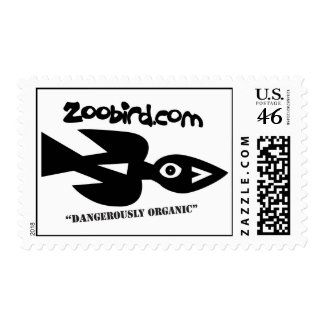Dangerously organic!
(photo by Pete Korhonen)
Subjects were studied who had been "madly in love" for an average of seven months. Once inside the MRI machine, subjects were shown two photographs, one neutral, the other of their loved one. When each subject looked at his or her loved one, the parts of the brain linked to reward and pleasure, the ventral tegmental area and the caudate nucleus, lit up. What excited Fisher most was not so much finding a location, an address, for love as tracing its specific chemical pathways. Love lights up the caudate nucleus because it is home to a dense spread of receptors for a neurotransmitter called dopamine, our own endogenous love potion.

In the right proportions, dopamine creates intense energy, exhilaration, focused attention, and motivation to win rewards. This is why, when you are newly in love, you can stay up all night, watch the sun rise, run a race, ski fast down a slope ordinarily too steep for your skill. Love makes you bold, makes you bright, makes you run real risks, which you sometimes survive, and sometimes you don't.
.... and this is why it feels so bad when it is lost.
===
I'm posting this for my friend Russ, a member here on Zoobird and an expert bio-psychological matters such as this:

William Russ Scala M.A.
wscala@embarqmail.com
www.E-juven8.com
407-342-6043
References:
Why We Love: The Nature and Chemistry of Romantic Love
Google Book preview:
"Why We Love", by Helen Fisher
Subjects were studied who had been "madly in love" for an average of seven months. Once inside the MRI machine, subjects were shown two photographs, one neutral, the other of their loved one. When each subject looked at his or her loved one, the parts of the brain linked to reward and pleasure, the ventral tegmental area and the caudate nucleus, lit up. What excited Fisher most was not so much finding a location, an address, for love as tracing its specific chemical pathways. Love lights up the caudate nucleus because it is home to a dense spread of receptors for a neurotransmitter called dopamine, our own endogenous love potion.

In the right proportions, dopamine creates intense energy, exhilaration, focused attention, and motivation to win rewards. This is why, when you are newly in love, you can stay up all night, watch the sun rise, run a race, ski fast down a slope ordinarily too steep for your skill. Love makes you bold, makes you bright, makes you run real risks, which you sometimes survive, and sometimes you don't.
.... and this is why it feels so bad when it is lost.
===
I'm posting this for my friend Russ, a member here on Zoobird and an expert bio-psychological matters such as this:
William Russ Scala M.A.
wscala@embarqmail.com
www.E-juven8.com
407-342-6043
References:
Why We Love: The Nature and Chemistry of Romantic Love
Google Book preview:
"Why We Love", by Helen Fisher
© 2025 Created by Michael Levin.
Powered by
![]()





